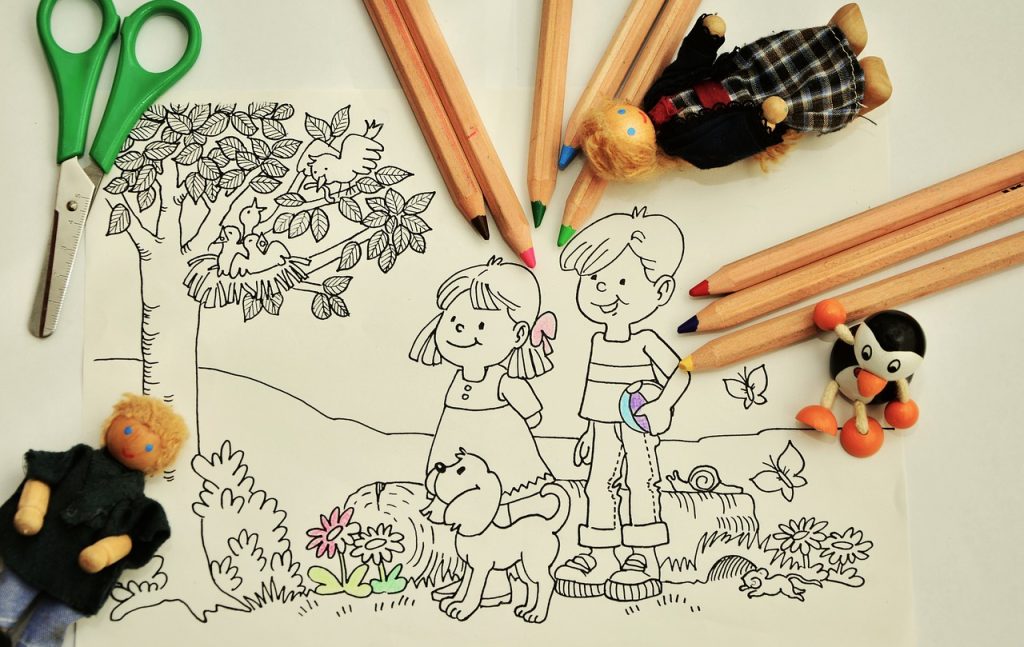As summer 2023 approaches and the days grow longer, it’s the perfect time to start planning outdoor activities with your children. With lots of long weekends on the horizon and the long summer holidays looming, many parents and caregivers may wonder how to fill those sunny days. Here are our top suggestions to keep kids entertained and engaged in the great outdoors:
Nature Drawing
Explore your local park, garden, or nearby woodland with sketchpads in hand. Encourage children to draw what they see, from flowers and trees to insects and animals. This activity not only sparks creativity but also teaches them about nature while providing artwork to display at home.
Backyard Olympics
Inspired by the excitement of professional competitions, host your own Olympic-style games in the backyard or at a park. Let the kids choose events like races, long jumps, or beanbag tosses. They’ll enjoy creating signs, leader boards, and even making their own medals.
Teddy Bear Picnic
A teddy bear picnic is perfect for including friends, whether they’re playmates or stuffed animals. Set up a shady spot with picnic tables or blankets and personalise the event with invitations and place cards for each special guest. You can also make simple teddy bear ears and paint noses to help children feel more like their cuddly companions.
Cycling Adventure
If you don’t have bikes rent or look out for second hand ones and plan a family cycling trip on a designated route or at a local park. If you have younger children, get bikes with child seats so everyone can participate.
Embrace the warm weather and make lasting memories with your children this summer 2023. Share your fun and inexpensive summer plans here! 


















